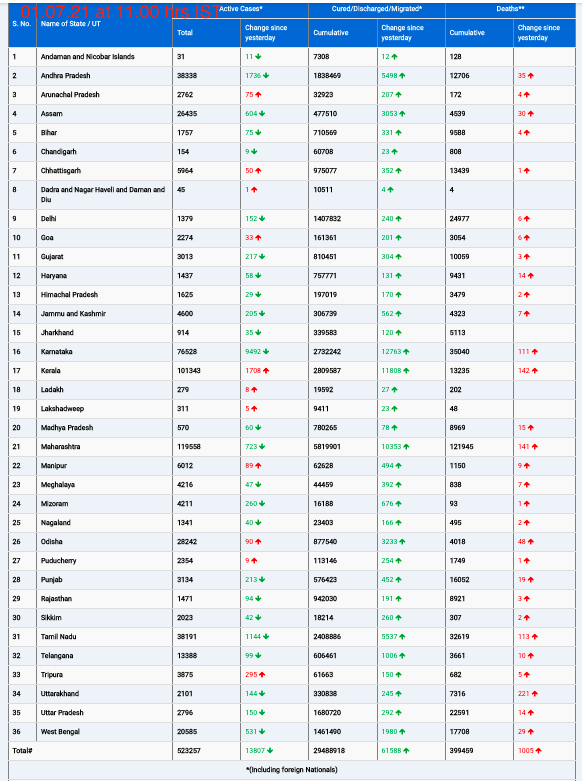Adding sugar or artificial sweeteners to your coffee could have a greater impact on your internal body clock than caffeine alone, a new study has revealed. Researchers from Hiroshima University discovered that the combination of caffeine and sweeteners disrupted the body’s circadian rhythms in mice, causing some to switch from a nocturnal to a daytime sleep-wake cycle. This finding raises important questions about the health effects of sweetened caffeinated beverages, particularly if similar results are found in humans.
The study, published in npj Science of Food, explored the effects of sweetened caffeine water on male mice. While caffeine is already known to affect the body’s circadian rhythm by extending wakefulness, the addition of sugar or artificial sweeteners led to even more profound changes. The team gave the mice a low-concentration caffeine solution mixed with either sucrose or saccharine. Interestingly, the sweetened caffeine solution did not increase the amount of caffeine consumed by the mice, suggesting that the altered behavior was a result of the combination of caffeine and sweetener, not just the amount of caffeine consumed.
Mice that consumed the sweetened caffeine mixture experienced unusually long sleep-wake cycles, ranging from 26 to 30 hours, and some even reversed their typical nocturnal rhythm. These changes occurred even when the mice were kept in constant darkness, indicating that the effects were independent of the body’s central circadian clock, which is normally regulated by light exposure.
The researchers suspect that the combination of caffeine and sweetness may create conflicting signals in the body, potentially involving the brain’s reward system. Both caffeine and sweeteners trigger the release of dopamine, a neurotransmitter associated with pleasure and reward. This double stimulation of the dopamine system might be responsible for the extended wakefulness and disrupted sleep patterns observed in the mice.
These findings may have important implications for human health, especially considering the widespread consumption of sweetened caffeinated drinks such as coffee and energy drinks. Excessive caffeine intake has already been linked to disrupted sleep patterns and various negative physical and mental health effects. Adding sweeteners to caffeine could potentially exacerbate these problems, researchers warn.
However, the study’s authors also suggest that there could be benefits to consuming sweetened caffeine in the morning. “If you want to be even more perky in the morning, you might want to make sure you take your coffee with something sweet for breakfast,” said Yu Tahara, associate professor at Hiroshima University.
The researchers are now planning further studies to explore the potential dopamine link and see if the effects of sweetened caffeine can be replicated in humans. Given the increasing popularity of caffeinated and sweetened drinks worldwide, understanding how these beverages impact the body’s internal rhythms is crucial for developing guidelines on their safe consumption.
For more details, see the study: Sweetened caffeine drinking revealed behavioral rhythm independent of the central circadian clock in male mice, npj Science of Food (2024), DOI: 10.1038/s41538-024-00295-6.











